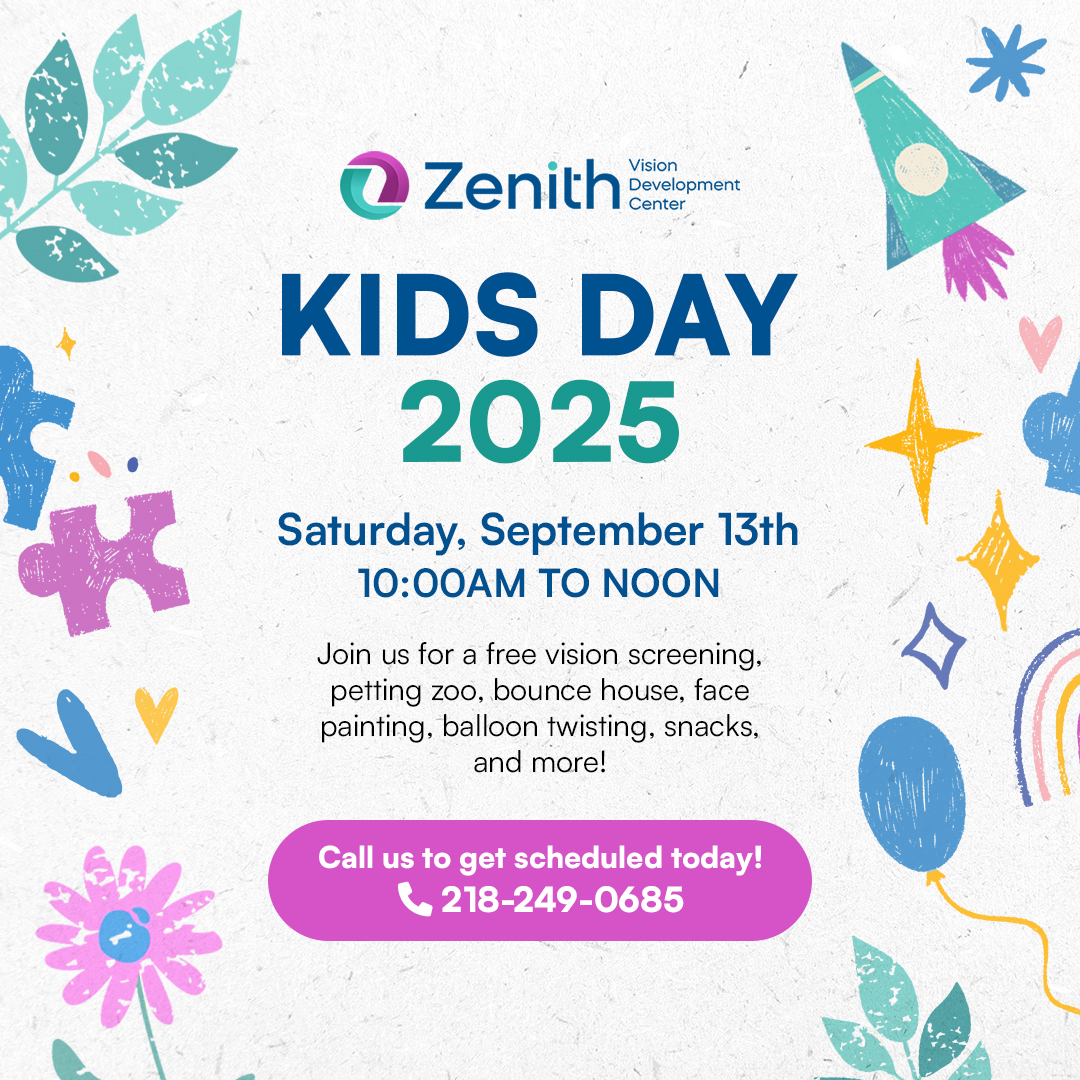Optometrists
Optometrists play a crucial role in identifying and addressing binocular vision problems in children and adults. Regular eye exams with optometrists are essential for ensuring both optimal vision health and detecting and addressing any potential binocular vision problems promptly. If you are an Optometrist and suspect your patient has a binocular vision or visual information processing issue, please use our Optometrist Referral Form.
Teachers and Educators
Educators are often the first to notice signs of binocular vision issues particularly in the context of learning to read. They may notice their student skipping words, losing their place while reading, or exhibiting frustration during reading tasks. If you are an educator and suspect your student has a vision issue, please use our Educator Referral Form.
Occupational and Physical Therapists
OTs and PTs both play an important role in cases where binocular vision issues can impact activities of daily living and motor skills, especially for patients who are post-concussive or stroke. There is often a lot of overlap between vision therapy and OT and PT. Collaboration ensures an approach to address binocular vision issues, optimize outcomes for individuals, and promote their independence in daily activities. If you are an OT, PT, or SLP and feel your patient could benefit from a binocular vision evaluation, please use our Referral Form.
Pediatric and Family Practice Doctors
During routine check-ups and well-child visits, pediatrician and family practice doctors are able to perform basic vision screenings and can identify patients who may benefit from further evaluation by an optometrist. Early detection of vision issues is essential for the development of vision. If you are a primary care provider and have a patient who has failed their vision screening or is 6 to 12 months old who could benefit from a no-charge InfantSEE examination, please use our Family Practice Referral Form.









